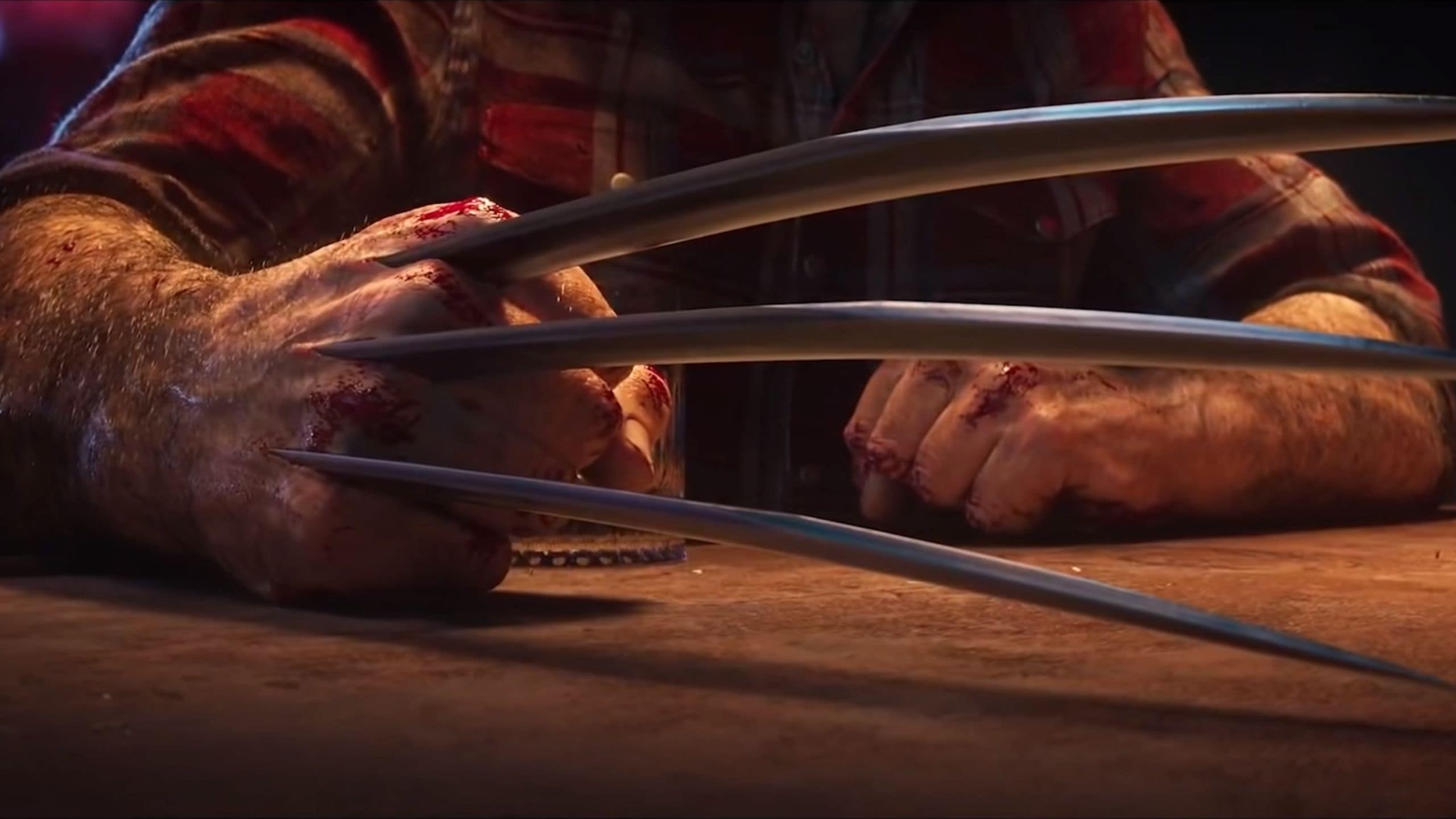On 19 December, a ransomware group by the name of Rhysida shook the gaming world by releasing 1.6 TB of data that had been stolen from the PlayStation Studios’ Insomniac Games—the company that created the critically acclaimed Marvel’s Spider-Man video game franchise.
A week ago, Rhysida claimed to have stolen private material from Insomniac Games and demanded $2 million in exchange for the hacked information. It was unknown at the time whether the hack was authentic, and Insomniac Studios declined the requests made by the hackers. However, the stolen data was shared with the public on Tuesday, thereby proving that the breach was actually legitimate.
Rhysida is allowing anybody to view and download the data dump on their dark web domain, where the stolen material is being hosted and distributed. Over 1.3 million files total, including PowerPoint presentations, screenshots, game footage, HR paperwork, and papers detailing Insomniac’s internal strategies, are contained within the huge data collection.
Some of the files provide extensive information about Marvel’s Wolverine and Insomniac’s upcoming superhero game project, which was revealed in the 2021 PlayStation showcase. The media website IGN claims that the leaked files also contain a presentation about Insomniac’s plans for developing future titles around the Marvel comics universe.
The hackers attempted to sell the stolen data at an auction for 50 bitcoin, which is equivalent to $2 million. After revealing that someone had paid for a small amount of the leaked data, the group decided to make the remaining 98% of the stolen material publicly available.

While Sony’s Insomniac Games have only publicly stated that they are aware of the situation, other developers like Alan Wake’s Remedy Entertainment tweeted how “After all the effort and dedication they have poured into their games, they didn’t deserve this.” They added that “The hackers also leaked employee’s personal information, which is truly disgraceful and shameful.”
US cyber officials claim that the Rhysida ransomware was first detected in May 2023. Its operators have been observed breaking into businesses by hacking remotely accessible services that are deemed vulnerable, like VPNs and cyber security services, by employing phishing emails and stolen credentials.
In order to coerce victims into paying their ransom demands, the organization encrypts the compromised systems and collects confidential information, just like they did against Insomniac Games.
New X-Men and Spiderman Games
As reported by Cyber Daily, the Insomniac Games leak contains a wealth of information about upcoming Marvel games. Of particular note are the release dates for the first three X-Men-inspired games: Wolverine (“no later” than September 1, 2025), X-Men game two (“before” December 31, 2029), and X-Men game three (“before” December 31, 2033).
The hacked data also includes concept art, film, and even playable early builds for several of these games, indicating that there is nothing much left of the studio’s still-in-development work that is not leaked to the public.

A new Spider-Man game is also apparently in development, which is expected to be the sequel to 2023’s Spider-Man 2 and will finish the trilogy. Additionally, it’s been hinted that this might wind up being expanded into a “Part I” and “Part II” for a total of four games in the series.
The next Ratchet & Clank game, which is expected to be a direct sequel to the series’ previous entry, Ratchet & Clank Rift Apart, reportedly has a release date of 2029.
Microsoft Causes Corporate Fear
An intriguing look into some of Sony’s corporate strategy and thinking has also been provided by the Rhysida ransomware release, such as the slides that specifically demonstrate Sony’s response to Microsoft’s recently authorized acquisition of the famous American video game publishing company Activision.
To put it simply, it’s worried about the implications of Microsoft effectively purchasing the enormously successful Call of Duty series as a part of the massive deal.
Sony is also aware that it might be difficult to compete with Microsoft in the future if they begin adding more big titles to its GamePass subscription service, especially on their day of release.





